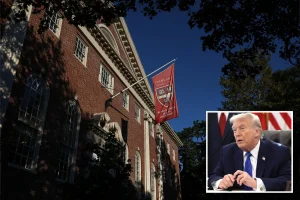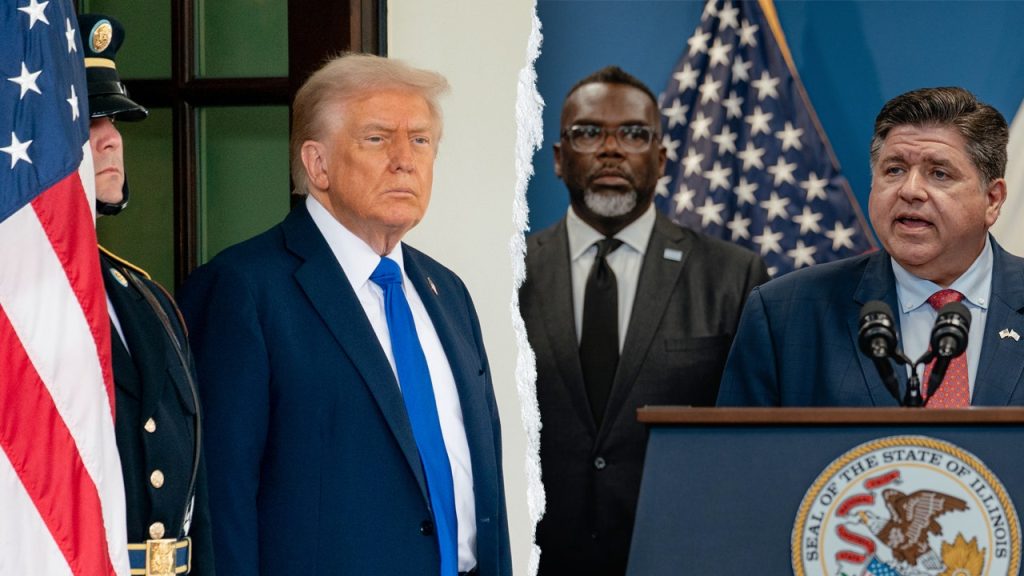Trump Claims Chicagoans Want His Help Amid Downtown Violence
In a pointed social media message, former President Donald Trump asserted that Chicago residents are calling for his intervention following a violent outbreak in the city’s downtown Loop district. His comments came after a chaotic night that saw multiple teenagers shot and police officers attacked, highlighting the ongoing tension between federal intervention and local governance in addressing urban crime. The incident has sparked renewed debate about public safety in one of America’s largest cities, with political figures quickly taking positions that reflect broader partisan divides on crime policy.
The violence erupted Friday night following what should have been a festive downtown Christmas tree lighting ceremony. Instead, according to City Alderman Brian Hopkins, approximately 300 juveniles engaged in rioting near State and Randolph streets around 10 p.m., some allegedly attacking police officers with mace and stun guns. The confrontation resulted in at least one officer requiring hospitalization. The night’s violence claimed the life of a 14-year-old boy, while seven other teenagers between the ages of 13 and 18 suffered gunshot wounds in the chaos. This shocking eruption of violence in a central business and tourist district left city officials scrambling to respond and residents questioning public safety in downtown Chicago.
Trump’s response was characteristically direct, claiming on Truth Social that Chicagoans were chanting “BRING IN TRUMP!!!” while criticizing Illinois Governor J.B. Pritzker and Chicago Mayor Brandon Johnson for “refusing Federal Government help for a situation that could be quickly remedied.” The former president has frequently positioned himself as a law-and-order candidate who could address crime in Democratic-led cities. While there’s no evidence of actual residents calling for Trump’s intervention in this specific incident, his comments reflect his consistent criticism of Democratic leadership in major urban centers and his portrayal of himself as a potential solution to their crime problems—a message that resonates with his political base but is rejected by many urban voters.
The downtown violence occurred just days after another disturbing incident on Chicago public transportation, where a man allegedly set a woman on fire while riding a train. The suspect, 50-year-old Lawrence Reed, faces charges of committing a terrorist attack against a mass transportation system. Mayor Johnson characterized this attack as an “isolated incident,” but critics have pointed to Reed’s extensive criminal history—including previous felony aggravated arson charges and multiple battery cases—raising questions about Chicago’s approach to repeat offenders. Records indicate Reed had been arrested at least twelve times since 2017, yet despite prosecutors’ requests to keep him detained, a judge had released him with an ankle monitor.
These incidents highlight the complex challenges facing Chicago’s leadership in balancing public safety with criminal justice reform. Mayor Johnson, who took office in May 2023, represents a progressive approach to governance that includes scrutiny of traditional policing methods. However, high-profile violent crimes place political pressure on such administrations, especially when they occur in downtown areas that drive tourism and business. The tension between addressing the root causes of violence through social programs and meeting immediate public safety demands through law enforcement remains a fundamental challenge for urban Democratic leadership nationwide.
As Chicago grapples with these public safety concerns, the incidents have become fodder for broader national political narratives about crime and governance. Republicans, including Trump, frequently cite violence in Democratic-led cities as evidence of failed leadership, while Democratic officials often point to the need for comprehensive approaches that address underlying social issues while maintaining public safety. What remains clear beyond the political positioning is that Chicago residents—particularly those in communities most affected by violence—continue to seek effective solutions that provide both immediate security and long-term stability, regardless of which political party delivers them.















